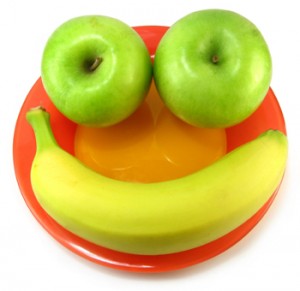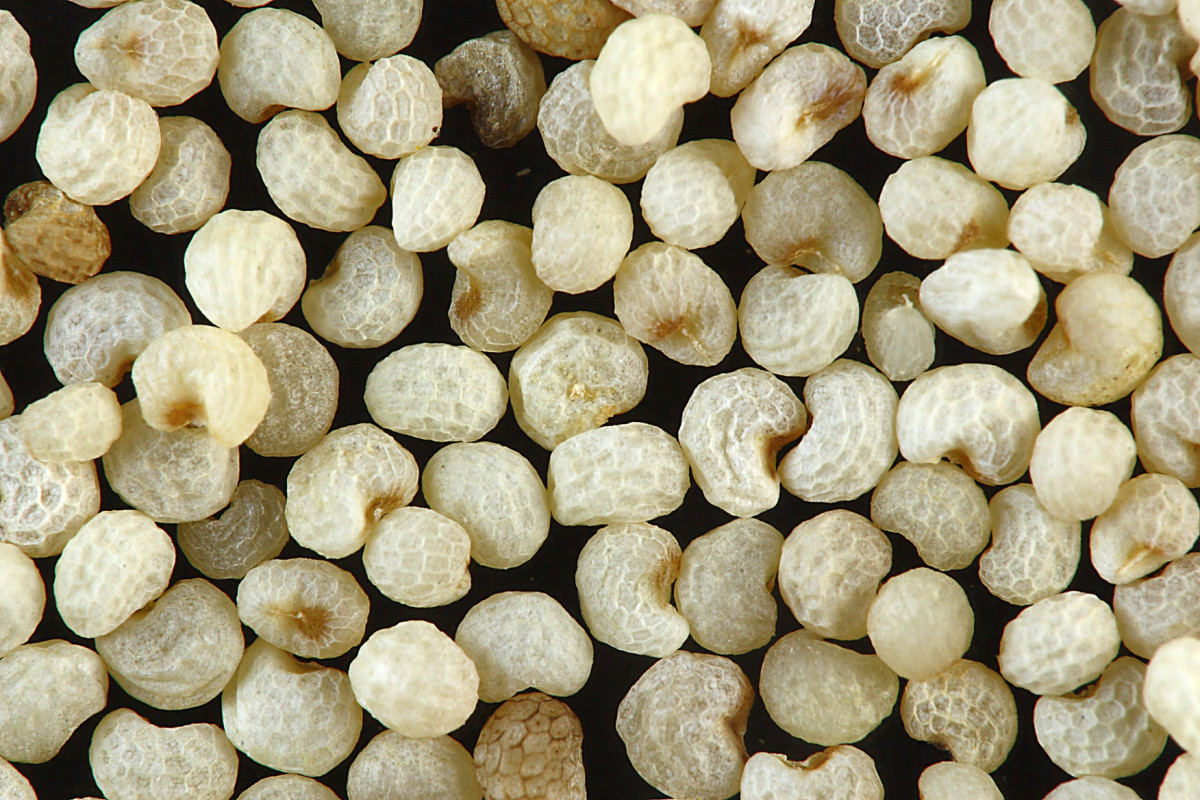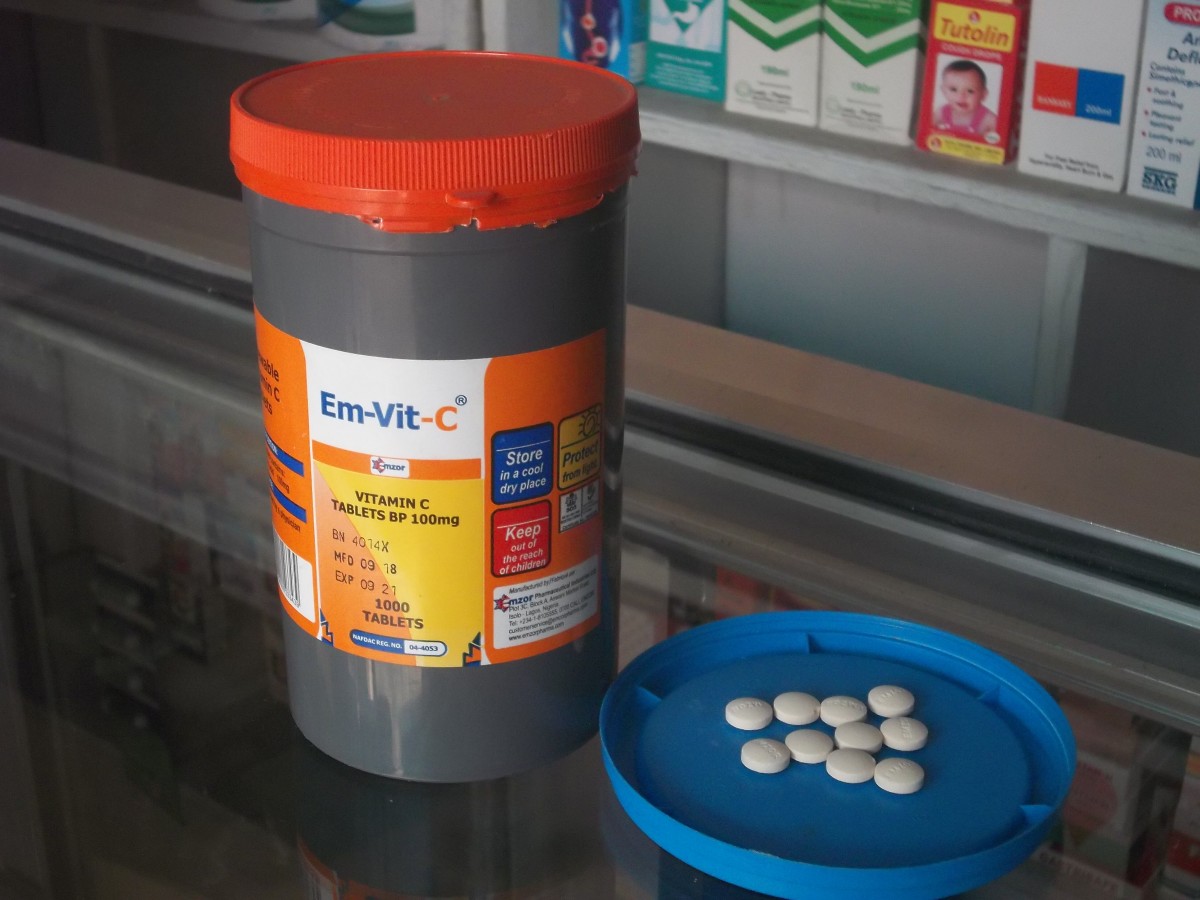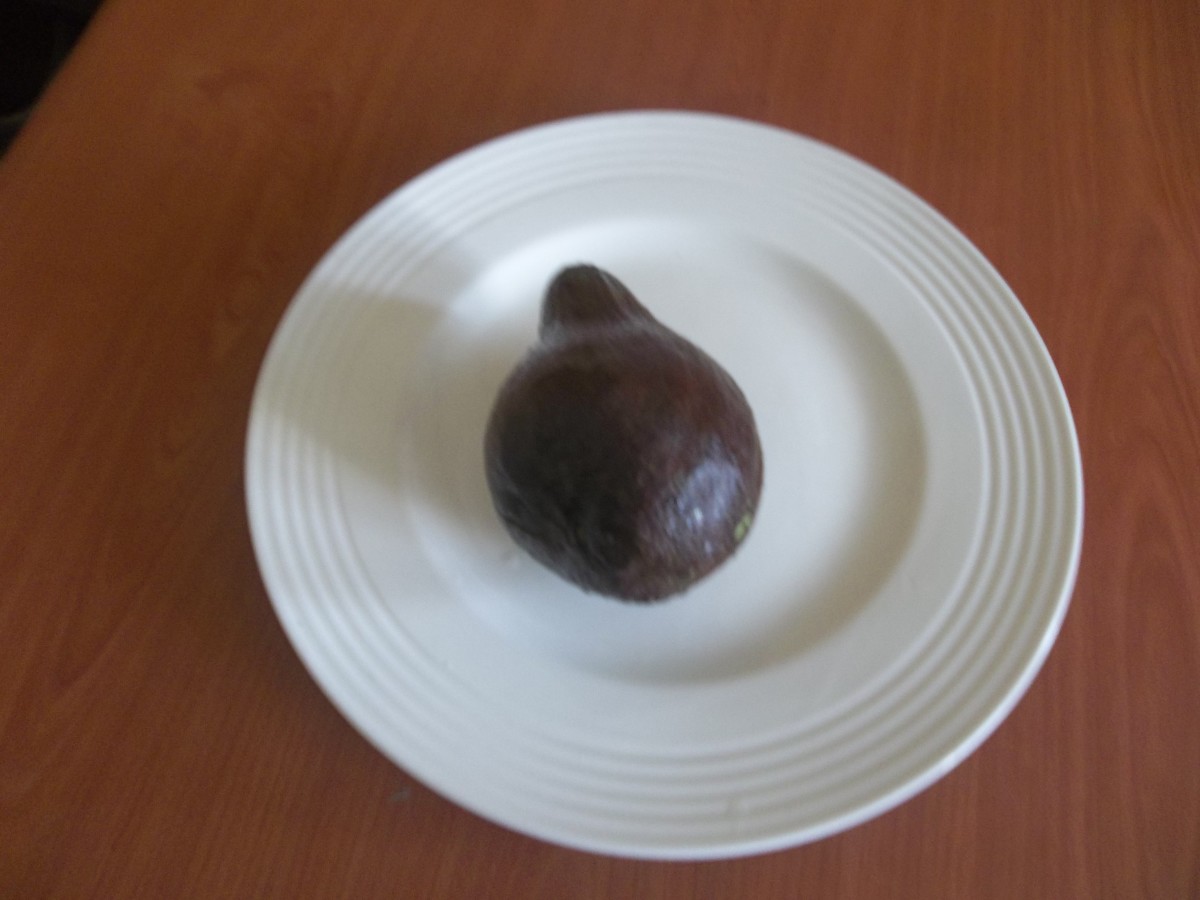Nutritional Advice for Teenagers
Nutrition for teenagers
As children develop and become teenagers, it becomes more difficult as parents to keep a check on what they eat, especially when they move onto high school. This is when they make their own food choices.

Breakfast is the most important meal of the day
As my mother always told me, "breakfast is the most important meal of the day". Most teenagers would prefer to spend an extra 5 or 10 minutes in bed each morning and completely skip breakfast. Studies show that teens who regularly skip breakfast are less likely to be able to concentrate on their lessons, feel tired and lethargic and more liable to eat "junk" food at lunchtime as they are so hungry by then. They could have gone as long as 18 hours without eating, if their last meal was dinner the previous night. Adolescents who eat breakfast tend to do much better in school, able to concentrate easily, be more physically active and generally eat more healthily.
If your son/daughter regularly skips breakfast, try to vary what is on offer, eg.
toast, crumpets, selection of cereals, waffles, pancakes, sandwich, fruit smoothies, yoghurt, fruit, muesli, bagels etc.
Sitting down with your children at breakfast each morning may encourage them to eat something themselves. Nagging at teenagers is a no-no as they dislike this and have a tendancy to rebel, but leading by example seems to work better.
Meals at home
As it is impossible to keep tabs on what they eat outside, it is important that they have a balanced meal at home. These are a few tips that I've found worked for me:
- always eat well yourself - this sets a good example
- keep healthy prepared snacks in the fridge
- sit down to meals as a family - make it more of a social event and look at it as an opportunity to catch up on their school life
- allow teens to help with dinner - I've found that my daughter was more likely to eat what she had helped to prepare a meal
- talk to your child about the importance of nutrition - never dictate to them as this can often result in an argument or bad feeling
Model teenagers
These days magazines, newspapers and television are full of movie stars and celebrities showing off their stick-like bodies. Young people quite often try to look like their idol in order to become what they think is the "norm" in society. Unfortunately for a lot of young boys and girls, they start to become more conscious of their bodies and their looks from early on in their teens. As parents, we should be on our guard for signs if you think that your impressionable son or daughter may be taking it to extremes.
Eating disorders
As puberty strikes, many teens find it difficult to cope with and around 7-10% (mainly girls) of them become unhappy with their bodies and their weight and go on to develop an eating disorder like bulimia or anorexia nervosa.
There are some tell-tale signs that can point toward an eating disorder:
- becoming unhappy with their bodies/figure
- losing weight
- excercising excessively
- not wanting to eat with the family
- constantly counting calories
- irregular menstrual cycle (stopping completely in some cases)
- chopping food into tiny pieces and struggling to eat it
- weighing themselves excessively
- spending a lot of time in the bathroom after eating
If you think that your child may be showing signs of having an eating disorder, these are a few of my suggestions:
- don't make it into a big deal, talk openly and honestly in private when it's just the two of you around
- reassure them that they look lovely
- ask him/her to choose what they would like to eat
- take your teen shopping with you and allow them to choose some food
- allow them to invite friends over for dinner occasionally - a friends influence could be beneficial
- make meal times fun - play his/her favourite cd, have flowers on the table, cook their favourite dinner, or perhaps use some jazzy plates and cutlery.
If ever you suspect a problem, talk it over and get medical help if it is required.
Nutritional needs of teens
As teenagers grow, their requirements for daily nutrition become similar to those of adults. On average teenage boys require between 2500-3000 calories per day. (dependant on how active he is) Teen girls generally require around 2200 calories per day.









